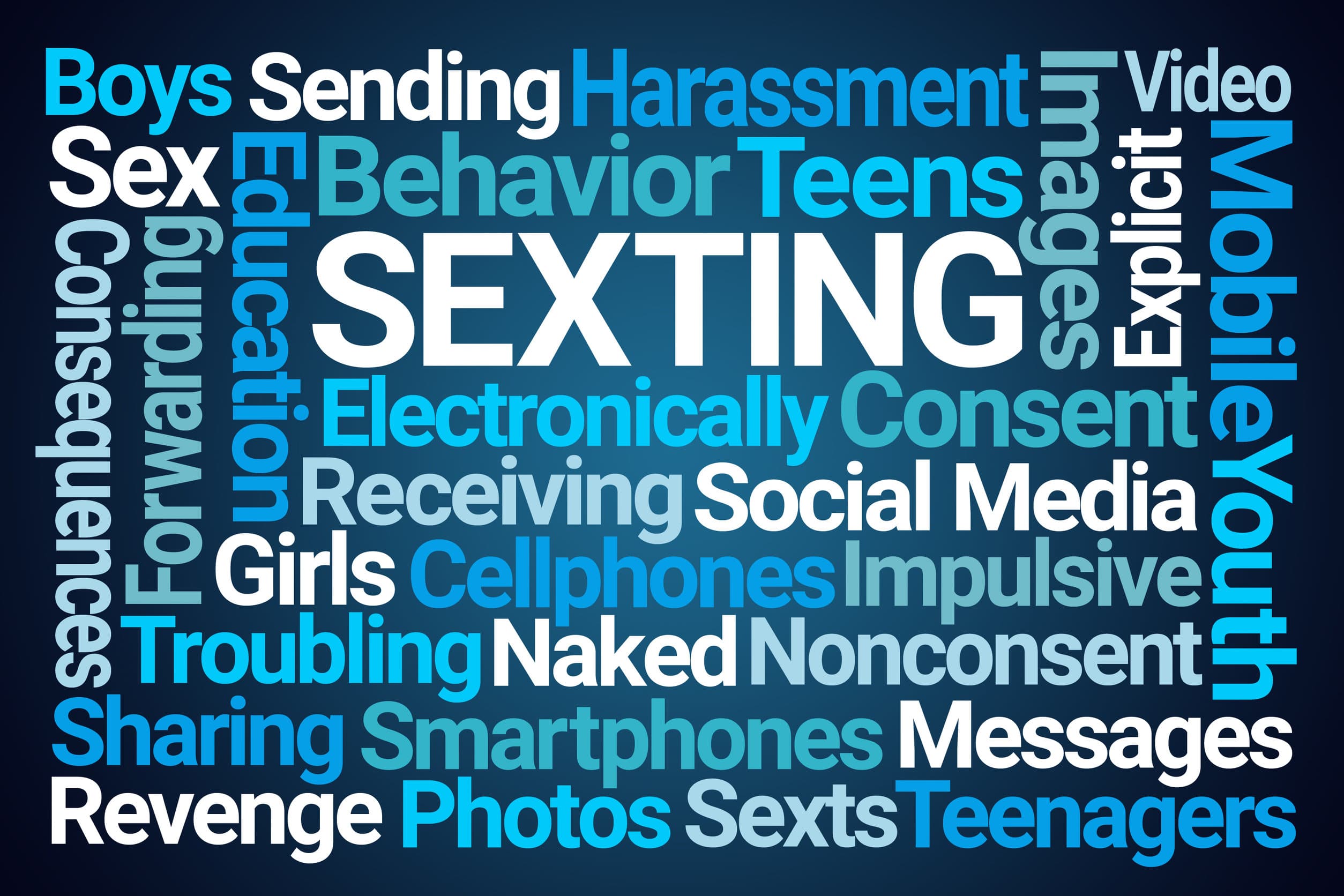The technology at people’s fingertips today helps us stay more connected than ever. You can communicate with friends in a different city, state, or even far-off country easily.
However, there are pitfalls to this convenience, specifically when it comes to transmitting images so easily. Teenagers are particularly adept at this technology. They like to share pictures and other information with friends – including their boyfriends and girlfriends.
Sometimes, this can land them on the wrong side of the law.
Here’s what you need to know about sexting – what it is and what makes it different from child pornography, or not.
How Does Minnesota Define Sexting?
Sexting may be a relatively new concept in popular culture, but there are laws surrounding it across the country, including in Minnesota.
The state defines sexting as sending text messages to another person through electronic means that are sexually suggestive or explicit. It’s a behavior that is considered risky even if it’s two adults consenting, because these messages can be kept forever and used later to harass, annoy, or embarrass another person if the relationship goes sour. Anyone in possession of graphic videos or photos who proliferates them without consent can face legal consequences for revenge porn.
In Minnesota, the law recognizes that children are vulnerable, so their access to material that is sexually explicit is restricted if they are under the age of 17. However, a teen can face criminal charges if they sext with another teen or even a consenting adult.
When Does Sexting Become Child Pornography?
In Minnesota, it is illegal for a child to send a nude photo to another child or adult. The law in the state explicitly prohibits the depiction of nude children or children performing a sex act. It is also against the law to disseminate or possess any type of pornographic material involving a child or children.
The laws surrounding child pornography are very severe in the state. Any teen who possesses a nude photo that depicts a minor – even if it’s someone they are dating – can face charges for child pornography in the state.
Child Endangerment
If you are a parent or a guardian to a minor, and your child gets in trouble for sexting, you could face legal problems, as well. The law in the state says that a guardian or parent can face prison time if their child suffers psychological, emotional, or physical harm after the guardian permitted sexual abuse to take place.
If you learn your teen is sexting, you must put a stop to it – or you could face significant criminal charges involving child endangerment.
Penalties for Sexting
Penalties for sexting depend on how serious the underlying offense is. Child pornography possession in Minnesota can be punishable by up to a decade behind bars. Disseminating child pornography can result in up to 15 years in prison. You may also be required to register as a sex offender.
Anyone possessing child pornography may be labeled a predatory offender. They can be compelled to register with law enforcement as a sex offender on a public sex offender registry.
It goes out without saying that the behavior of a teen who does not fully understand what they’re doing is dangerous. In this sense, sexting can have very serious consequences. That’s why teens must be educated about the dangers of sexting and child pornography.
About the Author:
Christopher Keyser is an AV-Preeminent rated criminal and DWI defense attorney based in Minneapolis who is known for fighting aggressively for his clients and utilizing innovative tactics to get the most positive results. He has been featured in numerous media outlets due to the breadth and depth of his knowledge and named a Certified Specialist in Criminal Law by the Minnesota Bar Association. Mr. Keyser is Lead Counsel rated, and he has received recognition for his criminal law work from Avvo, Expertise, Super Lawyers, The National Trial Lawyers, and more.







